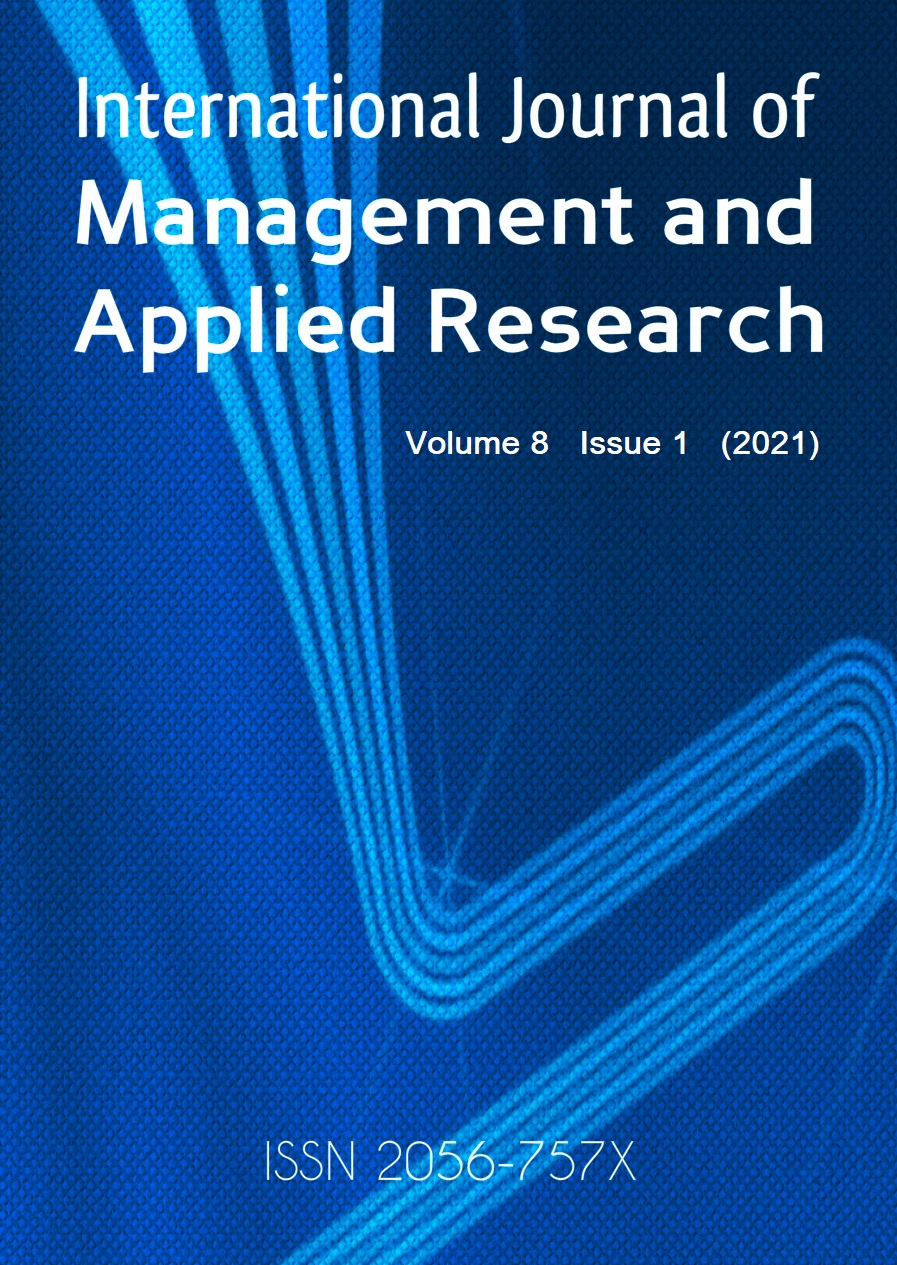Understanding Post Contractual Turbulence in Public Private Partnerships: Themes and Issues
Understanding Post Contractual Turbulence in Public Private Partnerships: Themes and Issues
Author(s): Moses OnyoinSubject(s): Public Administration, Methodology and research technology, Social development, Management and complex organizations, Crowd Psychology: Mass phenomena and political interactions, Policy, planning, forecast and speculation, Rural and urban sociology, Economic development, Globalization
Published by: New Millennium Discoveries Ltd
Keywords: Public Private Partnerships; infrastructure; Africa; governance; post-contract;
Summary/Abstract: Although complex realities of governing Public Private Partnerships (PPPs) at the post contractual phase are emerging as major foundations of discord that threatens PPPs sustainability in developing countries (DCs), the nascent nature of the model’s application in most DCs has meant that the specific issues of concern remain obscure and scattered. Using the concept of governance as an orienting lens, an intensive analysis of one of the pioneer PPP projects in the electricity sector in Sub-Saharan Africa is undertaken to explore the main issues. The evidence is drawn from transcripts of interviews with policy, regulative, and operative actors directly involved with and/or familiar with the project. These are supplemented by a review of exclusively accessed and publicly available documents. The findings underscore the primacy of eight governance issues that are organised in three thematic areas including; the roles and responsibilities of actors, regulatory and contractual control, and emergent and complex external stakeholder behaviour. The findings essentially suggest that at the post contractual phase, (a) PPP will be challenged by context specific realities related to how the sector is organized, the prevailing sources of authority, and end user behaviour, (b) PPP agreements are incapable of precisely providing for all emergent realities thus require adaptation and/or complementation, and (c) demonstrate that responses need to be deliberately concerted as well as inclusive of context-relevant actors to guard against a) severely undermining provisions of the existing contract, b) partner (and other external stakeholder) opportunism, and c) counterproductive distortion of balance of power.
Journal: International Journal of Management and Applied Research
- Issue Year: 8/2021
- Issue No: 1
- Page Range: 51-71
- Page Count: 21
- Language: English

